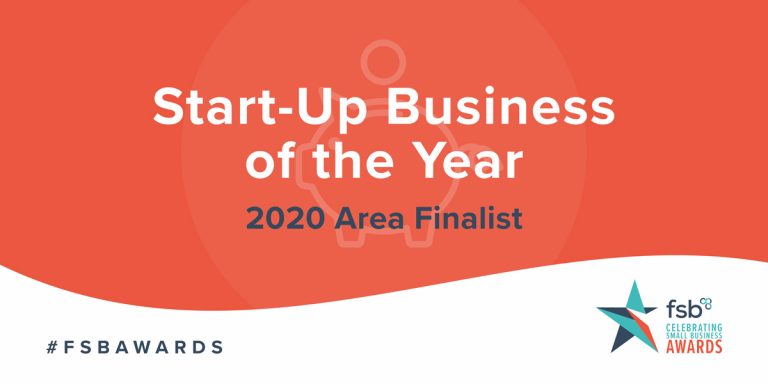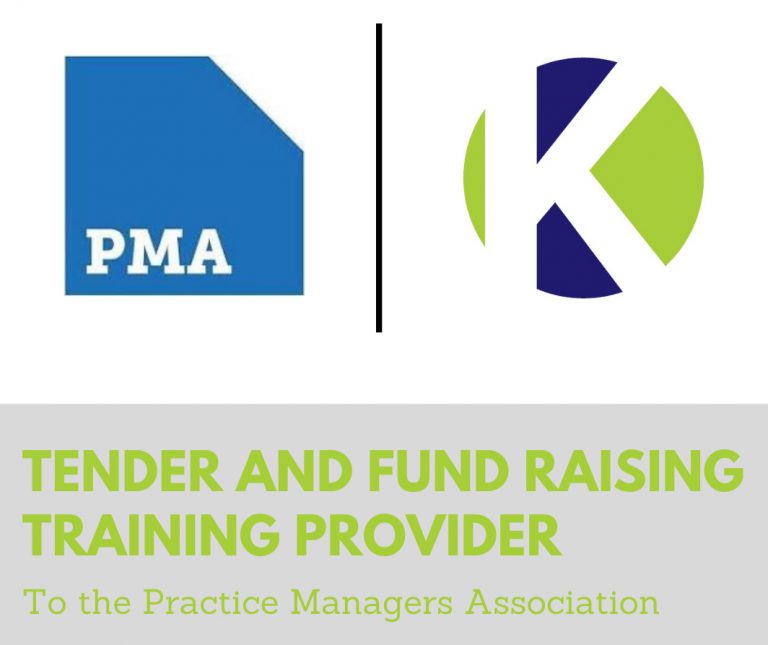If you are looking to grow your business in 2024, tendering for a large contract could take your organisation to the next level.
Winning a new, large contract is a great way to grow your business significantly but it can also cause a business to unravel if the resources and processes aren’t in place before you start delivering the contract.
Make 2024 the year you grow through tender bids with our top tips:
- Bid strategy
Before you start applying for any tenders, you need to make sure that any contract opportunities you go for align with your wider business goals. You will no doubt have a business plan, financial forecast or marketing plan ready for 2024, so why not create a bid or contract strategy too?
Your bid strategy should consider the potential growth areas in your business. What are you best at? Do you have a specialism or niche? Where do you have capacity? What are your most profitable services? Do you see demand increasing for one of your services in 2024? Will you be launching new products or services?
Once you have asked yourself these questions, you will have a clearer understanding of the types of contracts you should bid for, and this will shape your strategy.
2. Analyse contract opportunities carefully
As well as considering if a particular tender or contract opportunity aligns with your bid or contract strategy, it is also important to think about how else this will benefit your organisation. For example, if it is a small contract but with a company you have wanted to work with for a while, it could be a good way to get your foot in the door. It is also worth thinking about the time it will take to pull the bid together versus your likelihood of winning the tender. Is there going to be a lot of competition for this contract? Would you be able to meet the deadline comfortably with other work commitments? Are you absolutely positive you can fulfil the requirements of the tender bid if you were to win the contract? Also think of the financial implications. Can you price your products and services competitively to win the tender? Will you need to invest in more staff, machinery or equipment to deliver this contract? Would you still make a profit?
3. Ensure your processes work and scale up as necessary
In order to manage growth effectively and deliver a winning bid, you need to have total confidence in your people, systems and processes. Are they scaleable solutions? Could they cope with the extra work? For example, could your software cope with an influx of new users? Do you need to recruit more staff? It’s important not to have the mindset of dealing with issues as and when they come along. Instead, you should manage any risk involved and plan ahead, so that when you land the contract and growth happens, you are ready.
4. Put together a strong bid team
Quality tender submissions take time and should involve more than one person. Create a tender task force of people who can all bring something to the bidding process. You should also assign a project manager too. As part of our Four Phase Approach, we assign our clients with their own bid manager, who creates a clear timeline of the project which drives the entire process, and engages with the identified key contributors to gather the key information needed to create a winning bid.
5. Bring in the experts
Growing a business and tendering for new bids can feel daunting, which is why it’s reassuring to have a team of experts supporting you through the process. Here at K Low Consulting we work with our clients to help them through the bid process, right from developing a contract strategy to supporting them to deliver the contract when the bid has been won.
So, make 2024 your year for growth and contact us to discuss how tendering for new business can form an integral part of your strategy.
For more information or to discuss how we can work with your organisation to help you win and manage contracts, contact us today on 0330 1331 041 or info@klowconsulting.com.













